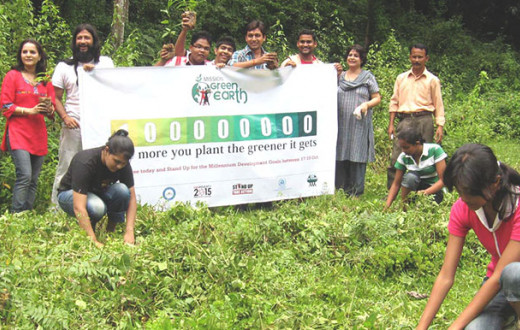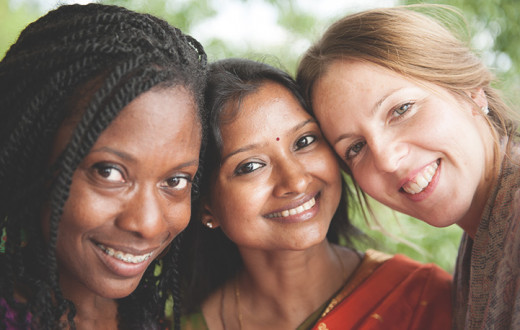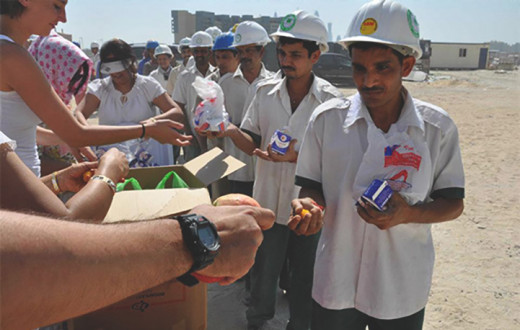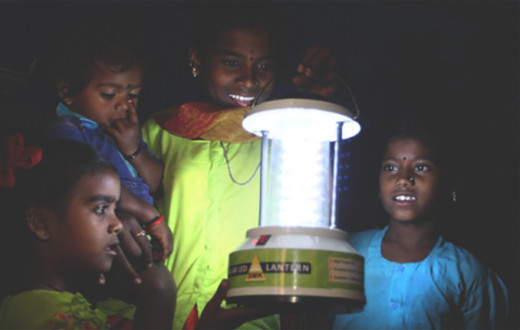With its worldwide network of volunteers, the Art of Living Foundation is often able to respond swiftly to disasters anywhere in the world, providing physical and mental relief as well as material aid. Through this network, The Art of Living Foundation has established itself as one of the vital providers of disaster rehabilitation programmes the world over.
The Art of Living Foundation,along with its sister organisations, The International Association for Human Values (IAHV) and Vyakti Vikas Kendra India (VVKI),has taken upon itself the responsibility of rehabilitating societies affected by violence and other natural disasters.
From extensive relief and rehabilitation work in the tsunami-affected areas to earthquake relief in Gujarat, volunteers from The Art of Living Foundation have gone beyond their own safety concerns to attend to the mental, emotional and material needs of victims of these disasters.
Immediate Material Aid And Service
The Art of Living provides emergency services and material aid in the aftermath of disasters. These include food, clothes, medicine and shelter. Doctors, counsellors and other physical and mental health experts form an integral part of such immediate relief efforts.
Near-Term Trauma Relief
For survivors ofdisasters, who have experienced severe physical and emotional trauma, material help alone is not sufficient. Alleviating the trauma and helping people to reclaim their lives is essential. A study on The Art of Living Trauma Relief Programs which were delivered to large groups of South-East Asian tsunami survivors showed significant relief from post-traumatic stress disorder in only four days.
Long-Term Rehabilitation
True relief can only happen when disaster survivors are completely rehabilitated - physically and emotionally, on both a personal and societal level. People also need to have a sustainable means of earning their livelihood. To achieve this, our volunteers work in villages and with local communities, building homes, sanitation systems, roads, schools, vocational training centers and other necessary infrastructure.








